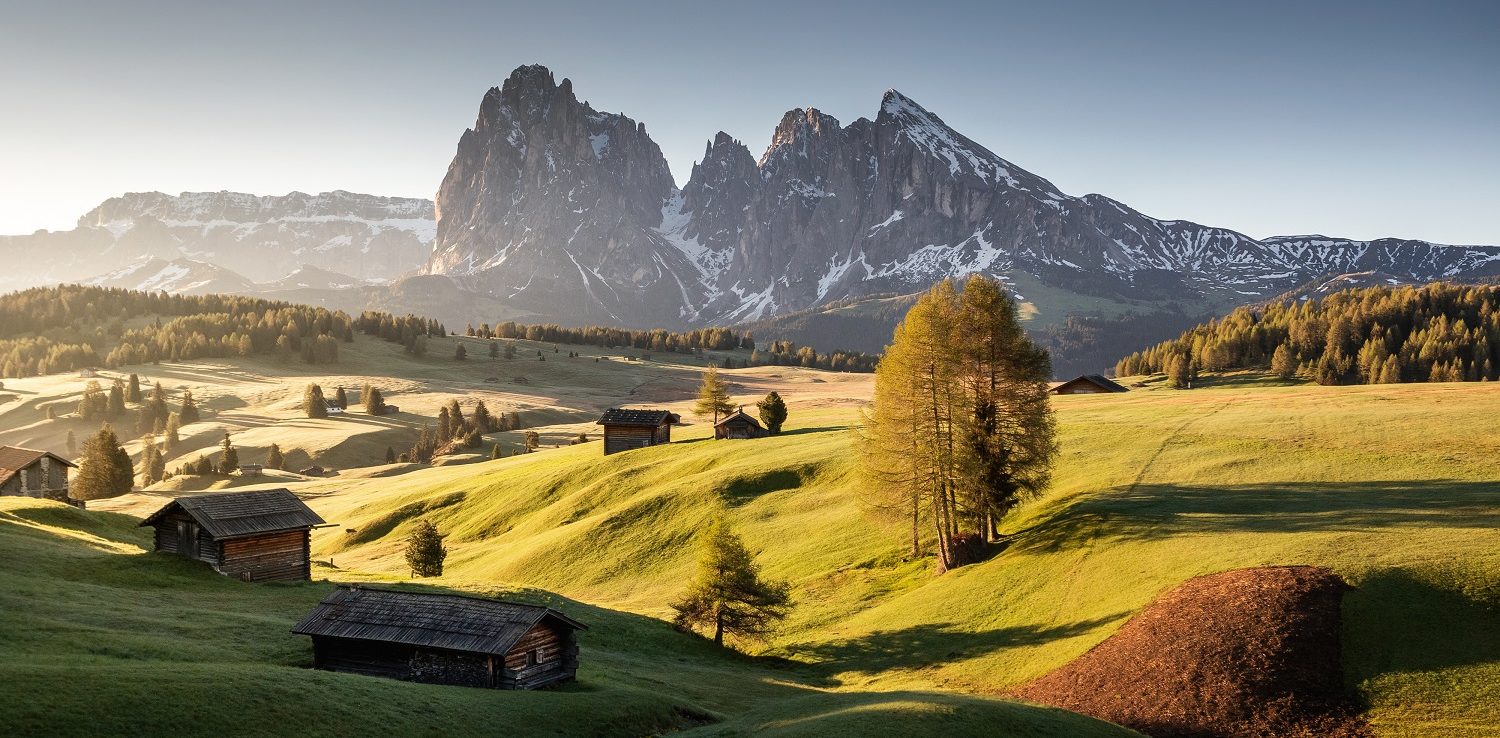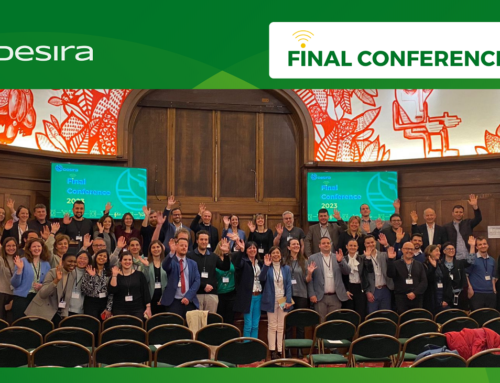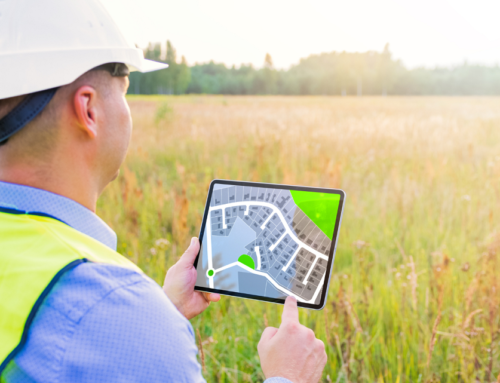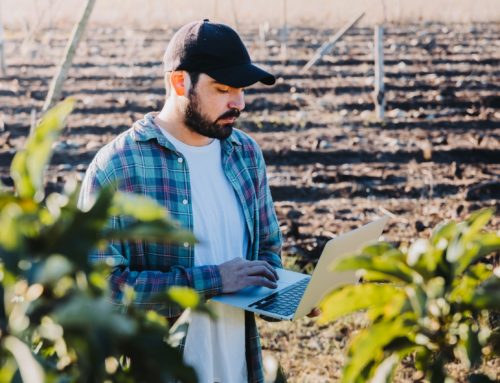Eleonora Mariano (PEFC Italy)
In Italy, PEFC Italy (Programme for Endorsement of Forest Certification schemes), a normative body on sustainable forest management, coordinates a Living Lab on technologies serving the traceability of forest-wood-energy supply chains (firewood, wood chips and pellets). The working table identified the main issues plaguing the sector and -by studying the past and present situation and analyzing future scenarios- assessed how digitisation could transform it between now and 2031, for example in combating illegality within the wood-energy supply chain and improving traceability.
Precisely from this work, PEFC Italy and UNIPI -along with Amigo, CNR-ISTI- have defined a set of policy recommendations and functional proposals to promote the adoption of digital tools in a sustainable way in rural and mountainous areas in Italy.
The proposals were presented on 28 September 2022 during the webinar “Digitising Italy’s inland areas: challenges and opportunities in the Horizon 2020 DESIRA project” moderated by journalist Simone Cosimi and attended by Gianluca Brunori (UNIPI professor, DESIRA project coordinator), Marco Bussone (UNCEM – Italian union of municipalities and mountain communities), Angelo Frascarelli (ISMEA- Italian Institute of Agricultural Food Market Services) and Eleonora Mariano (PEFC Italy).

“Digitalisation is a socio-technical change, in which technological and social components are closely linked: it should not be seen as an end, but a tool at the service of mountain and rural areas“, explained University of Pisa Professor Gianluca Brunori, DESIRA project coordinator. “This is why the DESIRA project has chosen an interactive approach and developed a methodology for analysis based on the involvement of different actors-from farmers and forest managers to scholars and policy makers-so as to meet the needs of the users and populations involved and contribute to the achievement of sustainable development goals”.
Proposals for the sustainable digitalisation of mountain and rural areas
In general, according to the European Commission’s DESI (Digital Economy and Society Index) report, Italy – out of 27 countries -ranks 18th in the state of digitalisation. Italy is thus closing the gap with the European Union (it was in 20th place in 2021), but there is still much to be done: more than half of Italian citizens do not even have basic digital skills. In addition, connection technologies -4G, 5G, fixed- still do not uniformly reach rural areas.
“There is a need to develop infrastructure that will enable rural and mountainous areas to keep up with the rest of the country in terms of connectivity and network usability, outlining a roadmap that shows governing bodies how to accompany these communities in the sustainable digital transition. In any case, it is essential that the technology be co-designed with local actors and users, based on present and future needs and the specificities of the territory”, stressed Eleonora Mariano, Projects Manager for PEFC Italy.

“Thanks to digitalisation, physical inconveniences and socio-economic disadvantages can be overcome and greater environmental awareness can be developed. For example, digital technologies can also help predict, prevent and mitigate the main damages produced by natural and/or man-made disasters, such as floods, pollution, droughts and fires,” added Gianluca Brunori.
So here are the policy recommendations and functional proposals to promote the adoption of digital tools in a sustainable way in rural and mountainous areas identified by PEFC Italy, Amigo, CNR-ISTI and UNIPI as part of DESIRA.
- Improve connectivity and access to digital services for people in mountainous areas. According to PEFC, Amigo, CNR-ISTI and UNIPI, there is a need to accelerate the National Plan for Ultra Broadband in order to develop an infrastructure allowing rural and mountainous areas to keep pace with the rest of the country.
- Planning for development through new forms of cooperation. Digitisation can have an important aggregative and participatory function in mountain and rural areas, with the goal of creating “smart villages” in which it is not so much the number of technologies implemented that matters as their use to support the community itself. Initiatives to be deployed also include the creation of public-private foundations that promote the establishment of start-ups and enterprises in mountain areas and work on attracting and using funds to enhance digitalisation in mountain areas.
- Support job creation and retention in mountain areas. The pandemic has encouraged the spread of remote forms of work and study, also prompting many people to seek quieter places, in contact with nature and where the cost of living is lower on average. For this reason, it is crucial on the one hand to develop solutions that promote remote work and study in rural areas, for example by transforming public areas into co-working spaces, and on the other hand to implement university pathways that include distance learning to enable students to train in their territories and integrate the skills acquired with direct experience in the daily management of their territories.
- Increase the attractiveness of mountain territories and the recognition of services generated by sustainable land management. This would be possible, according to PEFC Italy, by supporting the creation of tools that can estimate and recognize the actual value of services provided by farmers, foresters and citizens to the community, such as environmental monitoring and grass cutting. This kind of recognition, including economic recognition, would help create “new jobs” and combat depopulation, helping to maintain agricultural activities that cannot be sustained by their income alone.
The DESIRA project, which will officially end in 2023, will also work to contribute to policy development across the European Union and facilitate a Rural Digitalisation Forum specifically to discuss how policies could address the opportunities and challenges of digitisation in the agricultural and forestry sectors and for mountain area management as well.





